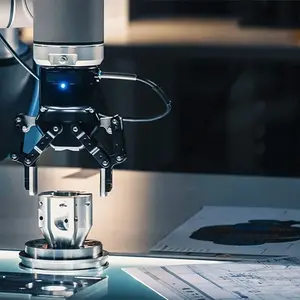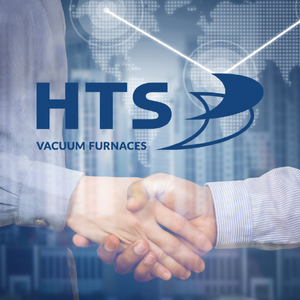In the field of industrial furnaces for metal heat treatment, the use of controlled atmosphere technology has witnessed significant advancements in recent years, even in simpler technology furnaces. This solution allows for the improvement and modification of the environment in which the heat treatment process takes place, with the near elimination of oxygen through the flow of inert gases (such as nitrogen or argon), offering numerous advantages. Particularly, the use of nitrogen and argon gases enables better surface results, preventing material oxidation and reducing the presence of contaminants on the metal surface.

Controlled Atmosphere for Heat Treatment
Controlled atmosphere is achieved within heat treatment furnaces by introducing specific gases like nitrogen, argon, or controlled mixtures of gases with a controlled addition of hydrogen, tailored to meet different treatment requirements. This solution protects the treatment environment even in non-vacuum furnaces, creating working conditions that enhance surface results on treated materials, reducing oxidation and the need for subsequent processing on treated parts.
Uniformity and Reproducibility of Heat Treatments
Another crucial aspect in heat treatment furnaces is achieving uniformity within the treatment chamber. In nitrogen and argon controlled atmosphere furnaces, this characteristic is typically achieved by utilizing convection systems with gas circulation fans. The effect obtained also facilitates radiation on the treated load, ensuring result homogeneity. As a result, heat treatment processes become more reliable and predictable, allowing for better control of metal properties.

Applications and Industry Sectors
The use of controlled atmosphere furnaces can be particularly interesting in strategic sectors such asaerospace and automotive industries offering cost savings in treatment while ensuring satisfactory results. However, achieving this requires that the construction quality of these furnaces be guaranteed through the use of appropriate materials and construction techniques. Especially for tempering processes, the use of these furnaces can provide an excellent balance between quality and treatment costs.





